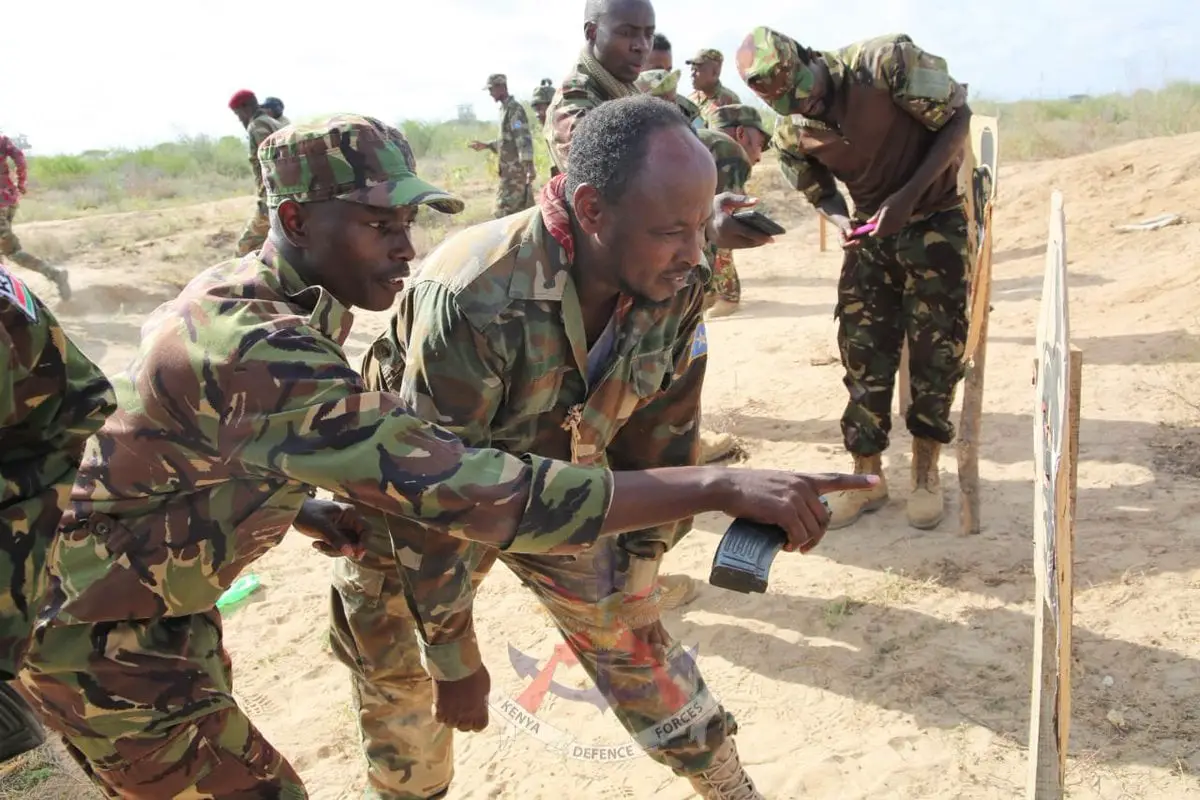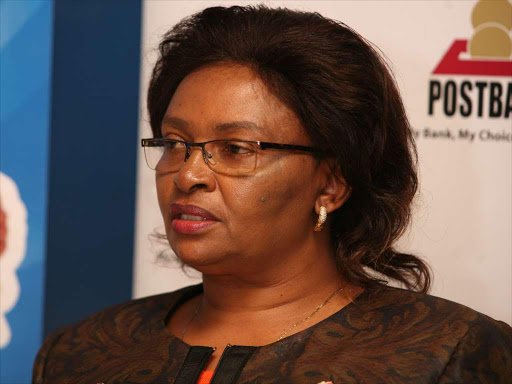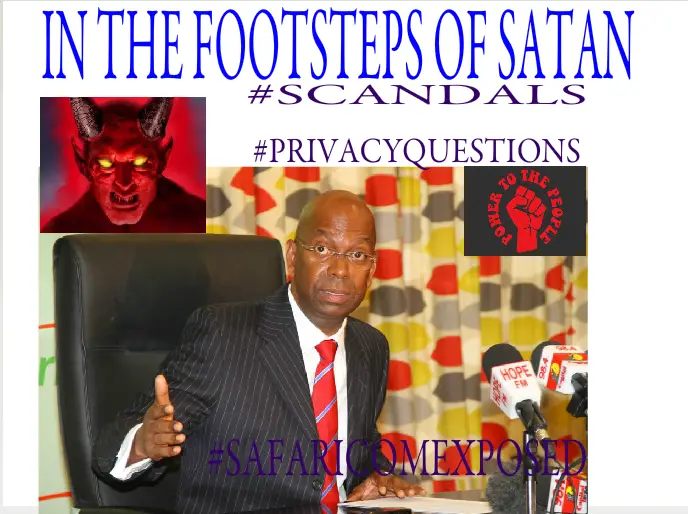
There is panic within the government as the USA DEA federal agents visit the country this week in an effort embark on the second phase of investigations in one of the most far-reaching drug cases in the world.
The Drug Enforcement Administration (DEA) is a United States federal law enforcement agency under the United States Department of Justice, tasked with combating drug smuggling and distribution within the United States.
Sources within the security sector have confirmed that DEA agents accompanied by Federal Bureau of Investigation (FBI) sleuths are coming to interview various persons of interest that were linked to receiving hefty bribes from the Akasha organisation for purposes of protection and facilitation.
More details indicate that the agents may be seeking the extradition of the many prominent Kenyans that have been linked to the drugs cartel network after being named by the Akashas. The individuals are expected to face trafficking-related offences at a New York court.
Further reports indicate that the US is very happy with the recent anti-corruption purge and hopes to use the current environment to nab those named. The Kenyan security agents are expected to co-operate with their US counterparts in tackling the cartel deeply embedded in Kenya.
Some suspects that have been mentioned have started lobbying in order to stop their extradition when the day comes. The president is not expected to save anyone since he wants to leave a legacy.
The Akasha brothers pleaded guilty before U.S. District Judge Victor Marrero in Manhattan to seven criminal charges. The court did not disclose the status of two other co-accused; Gulam Hussein and Vijay Goswami, but they are widely believed to have taken very incriminating plea bargains for lesser sentences and turned state witnesses against the powerful Akashas and their global partners.
 Already, a similar DEA joint operation with the UK’s National Crime Agency (NCA), arrested Muhammad Asif Hafeez, an alleged mastermind behind a global narcotics smuggling empire and the main trading partner of the Akasha Organisation.
Already, a similar DEA joint operation with the UK’s National Crime Agency (NCA), arrested Muhammad Asif Hafeez, an alleged mastermind behind a global narcotics smuggling empire and the main trading partner of the Akasha Organisation.
The extremely wealthy Hafeez, popularly known as ‘the Sultan’, was well-known family friend of the Akashas and other coast based businessmen.
Hafeez, 59, was seized in his London upmarket property in a UK-US operation and is awaiting extradition to the US to be charged in the same New York court as the Akashas.
A dual UK- Pakistani citizen, Hafeez was identified by plea bargains in the Akasha case as the head of an organisation spanning Europe, Africa, Asia and North America, that produced and smuggled dangerous hard drugs such heroin, methamphetamine, or crystal meth, and ephedrine.
The UK-NCA worked with the US-DEA to investigate Hafeez after he was allegedly identified in Akasha court papers as the main source of large quantities of heroin being smuggled into Kenya from Pakistan and Afghanistan.
As DEA agents arrive in Kenya, anxiety has reached unprecedented levels with senior politicians and government officials, high court judges, magistrates, prosecutors and prominent advocates, law enforcement officers, and bank officials all at risk of arrest and extradition to the US.
Previously the US Government under President Obama through the The U.S. Foreign Narcotics Kingpin Designation Act of 1999 froze assets of suspect drug baron Harun Mwau.
The act freezes the assets of international drug traffickers based in the US and denies designated drug lords access to the US financial system. According to the act, any American discovered to be doing business with any of the one designated under the act risks going to jail for 30 years or paying a USD5 million fine.

















































